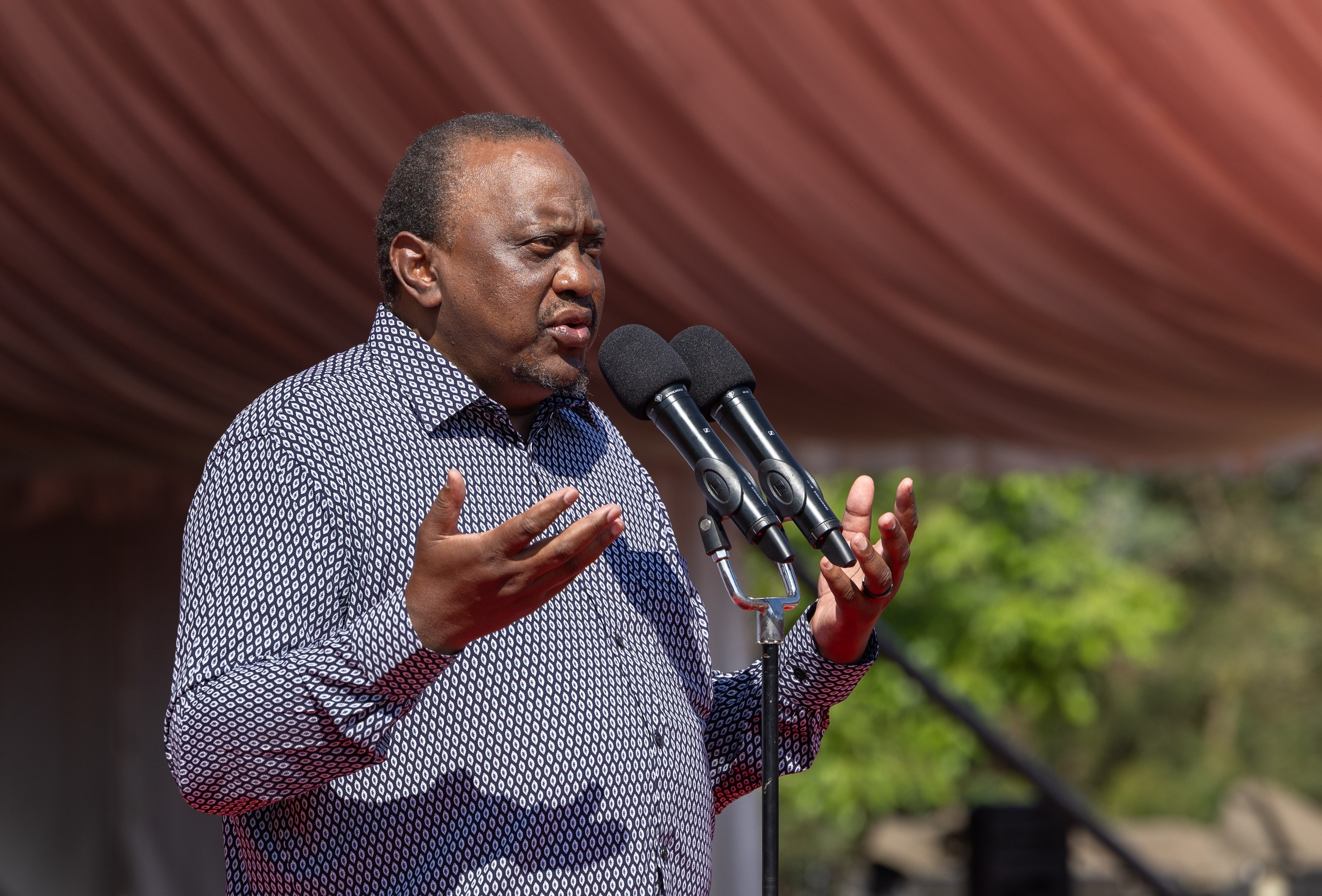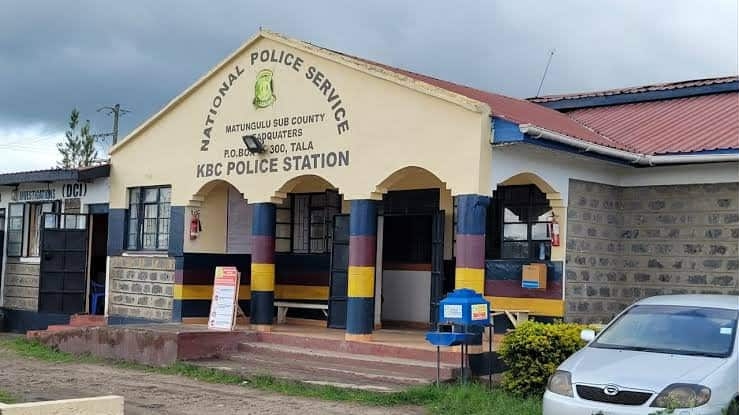The World Health Organisation (WHO) has convened a meeting to assess whether the outbreak of Mpox constitutes a public health emergency of international concern.
The Emergency Committee meeting will be chaired by WHO Director General Tedros Adhanom Ghebreyesus.
The meeting, which will be held on Wednesday, is expected to advise on steps to curb the spread of the disease.
“As Mpox spreads to more countries in the African region, WHO and partners are scaling up efforts to support countries reinforce outbreak response,” WHO said in a statement.
Mpox is a zoonotic viral disease with symptoms similar to smallpox.
There is no cure for Mpox, but supportive care and limited vaccination options are available.
African countries have already reported more confirmed and suspected Mpox infections in 2024 than in all of 2023.
Burundi, Kenya, Rwanda and Uganda have all reported their first-ever Mpox infections in the past month, and in a single week in early August, the DRC reported nearly 2,400 suspected infections and 56 deaths.
These developments prompted Jean Kaseya, the Africa CDC Director General in Addis Ababa to declare Mpox a public health emergency.
Children are particularly vulnerable: around two-thirds of infections in the DRC are in people under the age of 15.
In Kenya, the Ministry of Health Kenya is ramping up its preparedness and response to Mpox.
Director General of Health Patrick Amoth on Monday said decisive action and robust partnerships are needed urgently.
Drawing lessons from the Covid-19 pandemic, Amoth highlighted the critical importance of early intervention to prevent a wider outbreak.
Kenya’s first case of the disease was detected at the Taveta border point.
Authorities said the person who tested positive for the virus travelled through the county along the Kenyan-Tanzanian border.
Amoth said the focus was on enhancing Kenya's national response strategy to Mpox.
He outlined key measures, including rapid laboratory testing, community engagement, infection prevention control, and comprehensive case management.
















![[PHOTOS] How ODM@20 dinner went down](/_next/image?url=https%3A%2F%2Fcdn.radioafrica.digital%2Fimage%2F2025%2F11%2F99d04439-7d94-4ec5-8e18-899441a55b21.jpg&w=3840&q=100)
